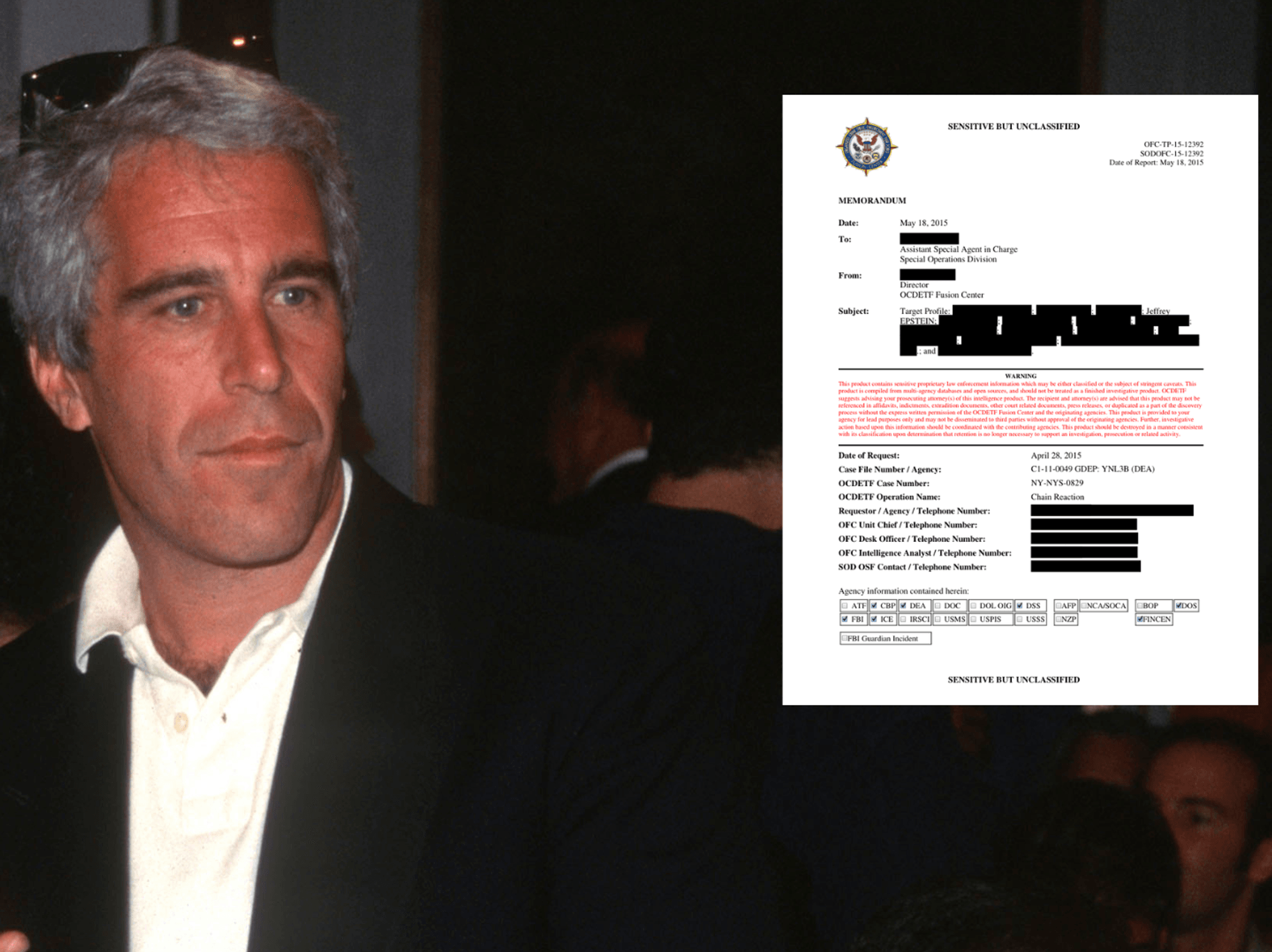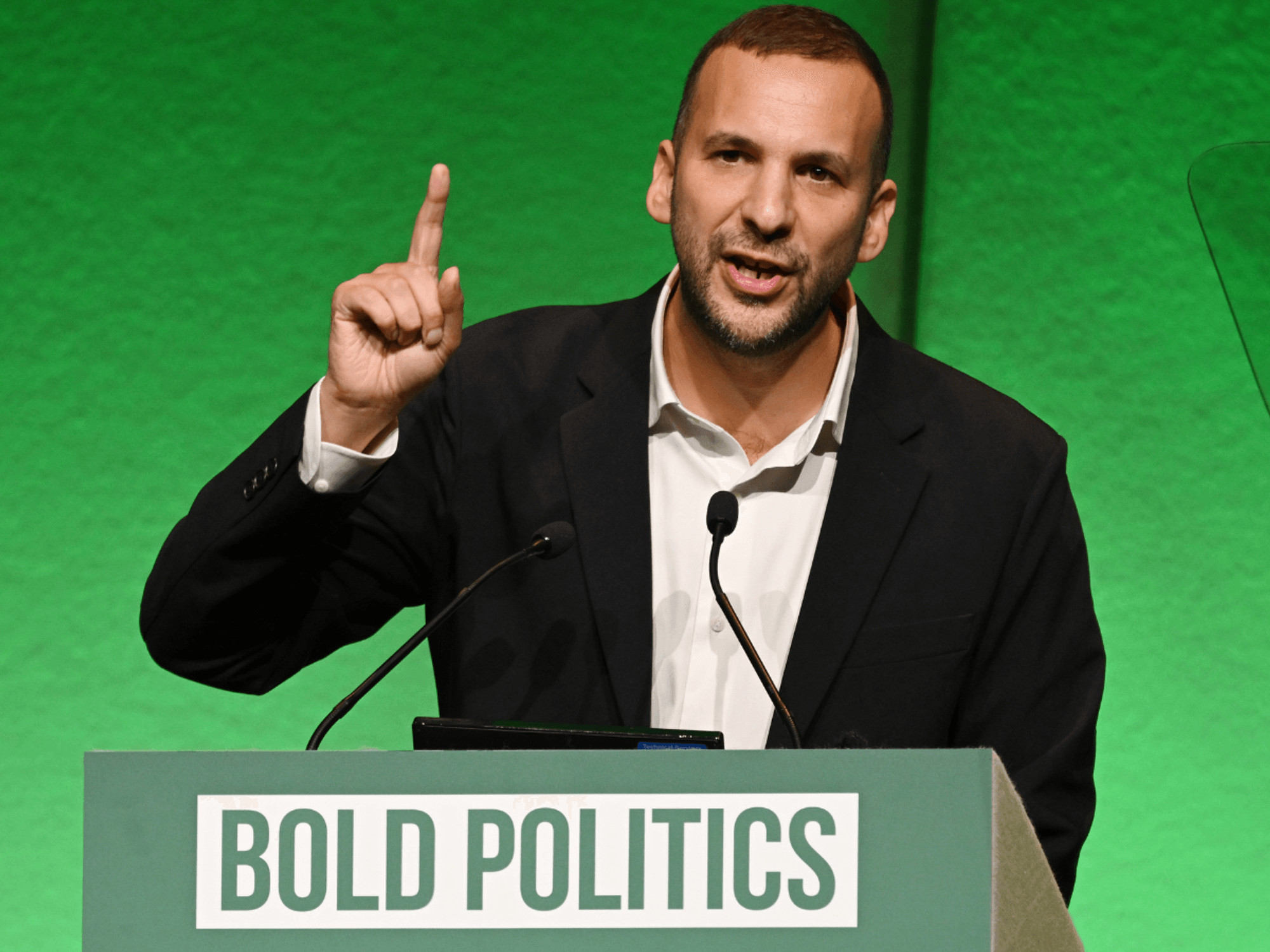Unelected judges are blocking the police from cleaning up the force - Robert Courts KC
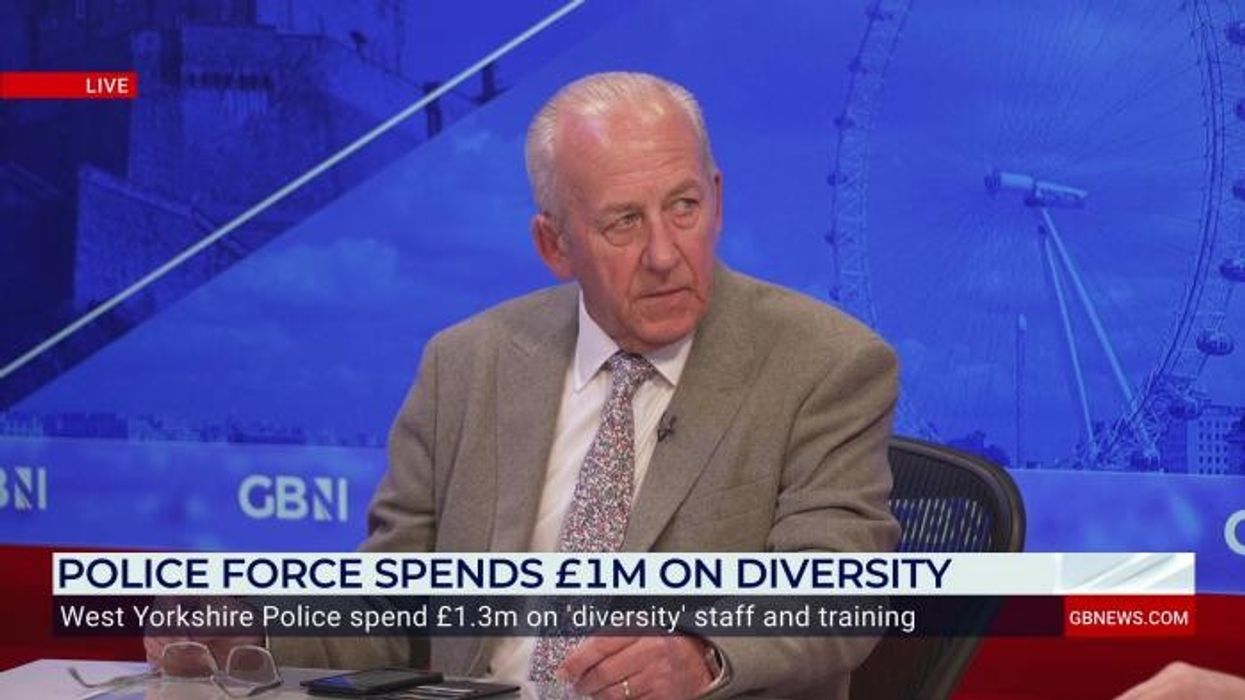
Peter Bleksley brands DEI schemes in the police force as 'utter tripe!' |
GB News
OPINION: The public cannot trust a police force that is unable to sack officers who fail basic vetting tests, says Robert Courts KC
Don't Miss
Most Read
The latest ruling of the High Court has staggered a public who felt they’d seen enough indefensible judicial rulings recently. We are now forced to endure the appalling spectacle of a Met Police officer deemed unfit for duty due to failed vetting checks having to be reinstated after a judge ruled his dismissal was unlawful.
The High Court has decided that police bosses have no power to sack officers who lose their vetting, meaning that if the police are faced with one of their officers being accused of serious misconduct, they have no choice but to leave them in uniform. Given this is clearly intolerable, that person will be put on indefinite leave.
Met Commissioner Sir Mark Rowley has rightly condemned this ruling. While I have disagreed with him on many things – such as the Met’s handling of anti-Israel protests since October 7th - on this issue, he is right. The Met are trying to clean up the force both in image and reality after the devastating loss of trust due to the sickening murder of Sarah Everard, or the appalling lack of oversight exposed in the David Carrick case. It will take some time for public trust to be restored anyway – but how can the public trust a police force that appears forced to retain officers who fail basic vetting, and how can the police clean up their force if they are unable to get rid of such people?
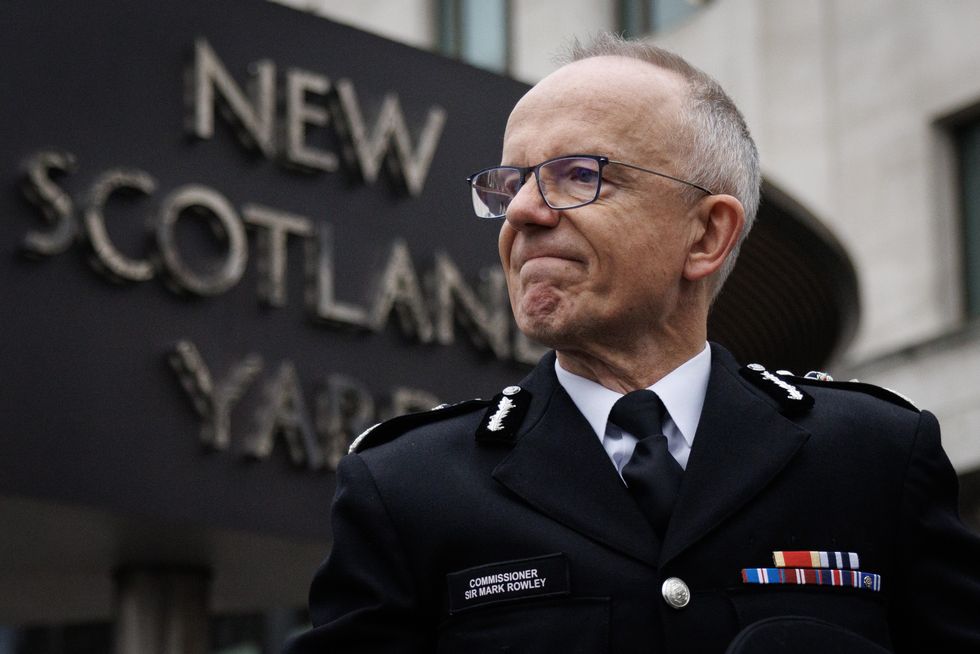
Met Commissioner Mark Rowley will be unable to clean up the force if those who fail vetting procedures can't be sacked.
|Getty Images
It is surely the case that where the Met must reinstate an officer with links to organised crime, the law is undermining its own institutions. A right to a fair trial is essential, and no one should be dismissed without cause. But vetting is about public protection, not about proving a crime in court.
It is a safeguard to ensure only those fit to serve in law enforcement remains in the job. It’s all very well for the Court to feel that the power in the regulations do not stretch to dismissal in these circumstances, but the problem is the interplay between those and the Human Rights Act. It is that Human Rights Act that has given unelected judges power to block decisions that should rest with those accountable to the electorate.
Courts repeatedly issue rulings that defy public sentiment, particularly on immigration. Foreign criminals evade deportation due to creative legal interpretations. Failed asylum seekers cannot be removed due to incendiary judgments with ever-expanding definitions of 'human rights”: Palestinians living in Gaza granted the right to live in the UK despite applying through a scheme designed for Ukrainians, or an Albanian criminal allowed to escape deportation because his son dislikes the "type of chicken nuggets that are available abroad".
The government must act. Britain needs police force the public can trust. The police need to be able to decide who is fit to be a police officer. If an officer fails a vetting check, they should be removed immediately. This is not just about police misconduct; it is about a legal framework that leaves the Met powerless. The Human Rights Act allows judges to lock decisions necessary for public safety. That must change.
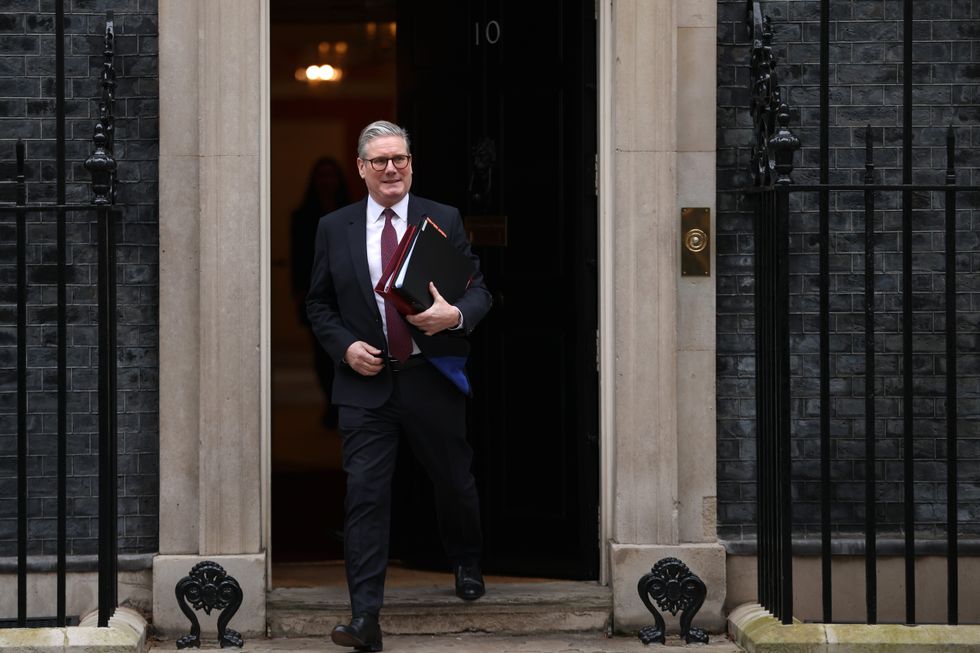
Keir Starmer and the government must fix this mess created by unelected judges.
|Getty Images
Reforming or replacing the Act is essential to ensure legal technicalities do not override common sense. As the Met itself put it, "This judgement is focused on the human rights of Sgt Di Maria. But there are wider human rights at play here, those of the public, and those of colleagues who have to work alongside officers like this."
This debate is about priorities. Should human rights law override public safety? Lawyers focus on individual cases - that is their job - but politicians must take the wider common sense view that defends the public.
Judges interpret and apply the law, but Parliament makes the law, and the Government in Parliament must fix this mess: dangerous officers must not remain in uniform, posing an ongoing threat to public trust and safety.
The public demands action. Their representatives must deliver real change.





